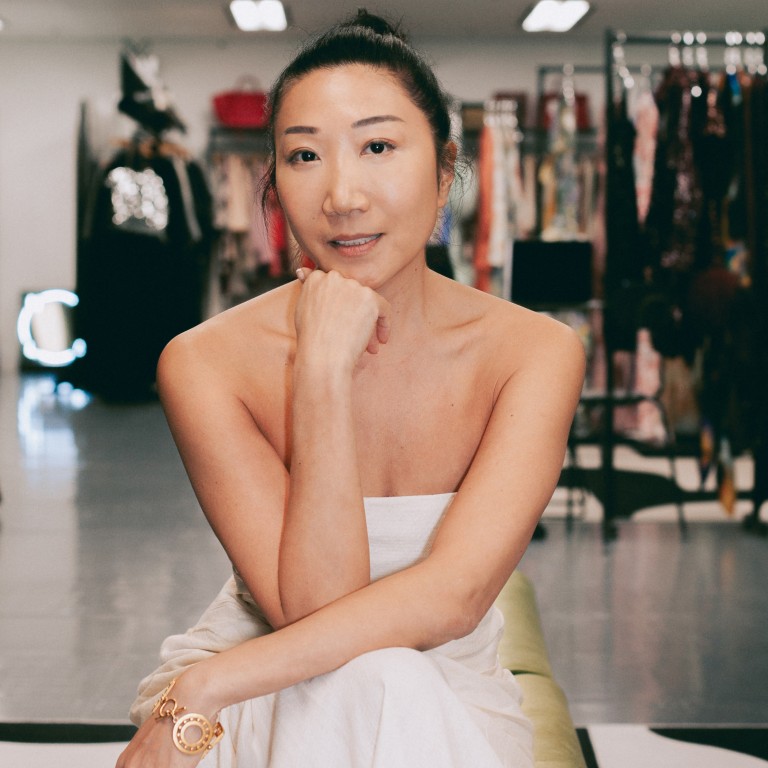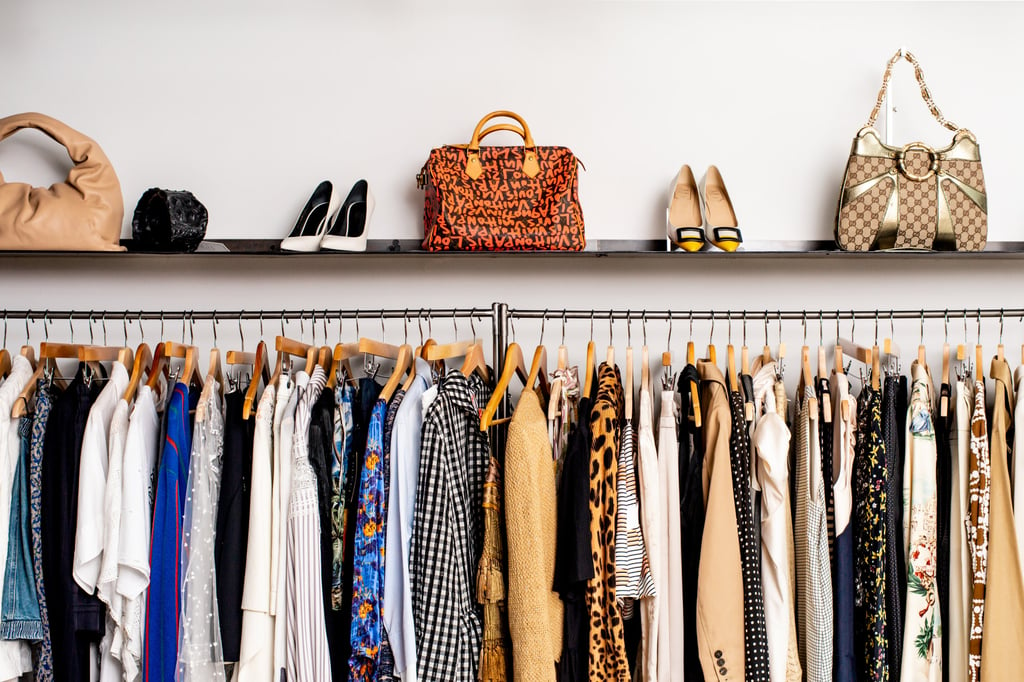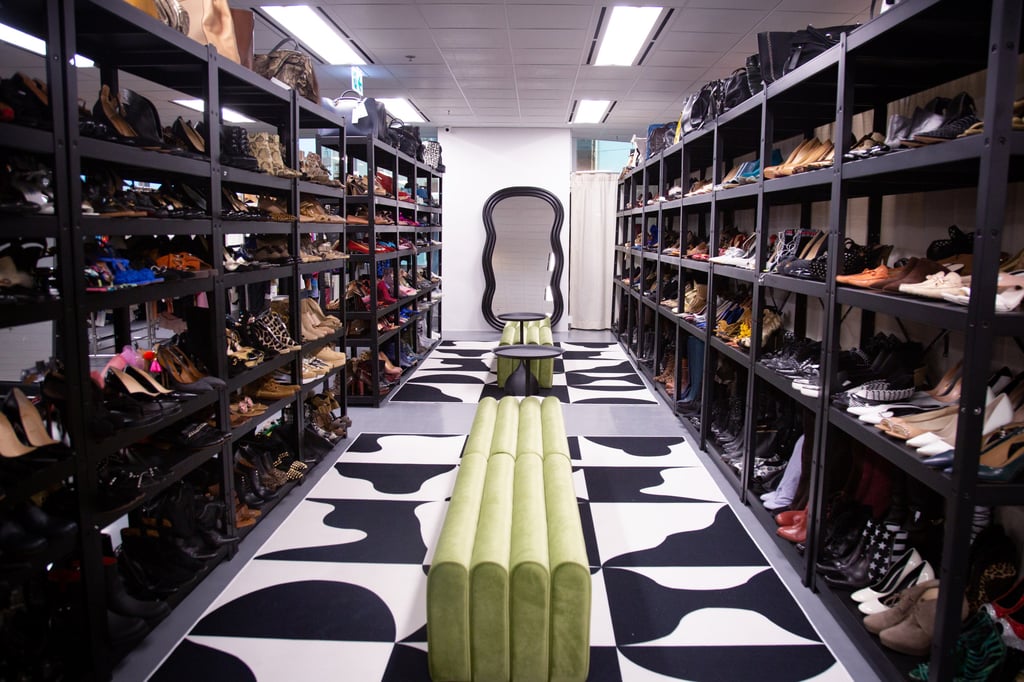Why Sarah Fung launched Hula, her preloved luxury store in Hong Kong – disenchanted with all the waste in fashion, she started an online marketplace and later added physical showrooms too

- After studying at Central St Martins, Fung had her own lingerie brand in the UK, then spent 9 years at luxury retailer Lane Crawford before getting irritated with the wastefulness of fashion
- The preloved fashion boutique, which sells brands like Chanel, Mugler, Celine and Pleats Please Issey Miyake, did a pop-up at Rosewood, and has a showroom in Quarry Bay’s Taikoo Place
The gist of that warts-and-all description comes from Hula’s founder, Sarah Fung, remembering the struggles of running the company when it first launched in 2017.

An early entrepreneur whose first post-uni gig was running her own lingerie brand in the UK, Fung was coming off a nine-year stint at luxury retailer Lane Crawford, through the heyday of fast fashion. “Suddenly it got on my nerves – the cycle of fashion,” she says. “I’d studied at Central St Martins and ran my own brand, so I always knew how to make things, and when you have the knowledge of where things come from, you respect them a bit more.”
“We thought, if you can get bad luck from wearing someone’s clothes, then surely you can get good luck. So we featured some influencers selling some of their wardrobe with the connotation of, actually you can get lucky, because when you buy pre-owned and you pick up that piece that fits you and was a really good price and no one else has it – don’t you feel lucky? That’s a really great feeling and you don’t get that so much when you go to a shopping mall.”
Turning around generations of negative associations was not a one-man or one-brand job and alongside that necessary recalibration was another: the need to counter the constant consumption that so irked Fung.
